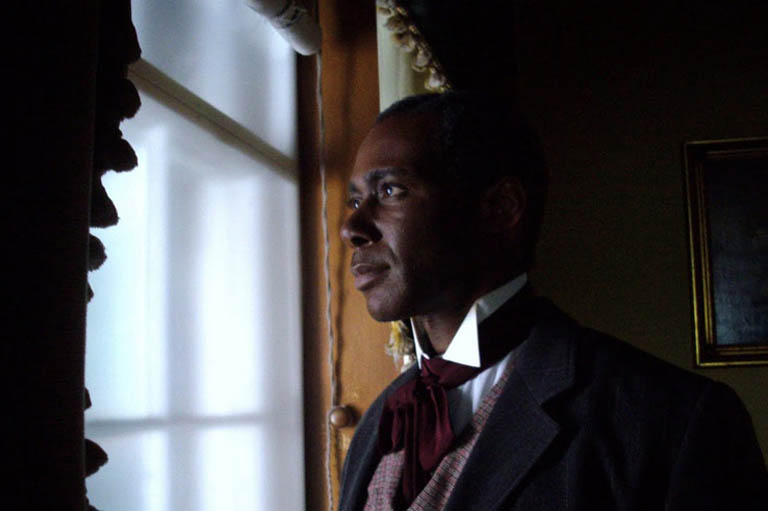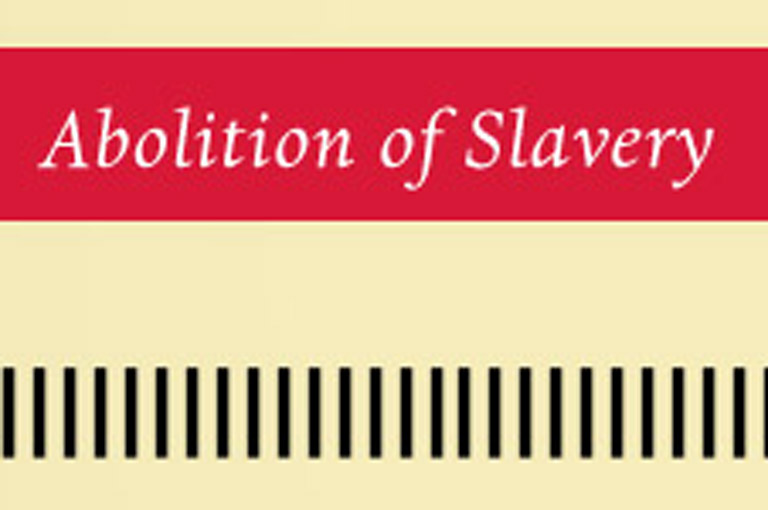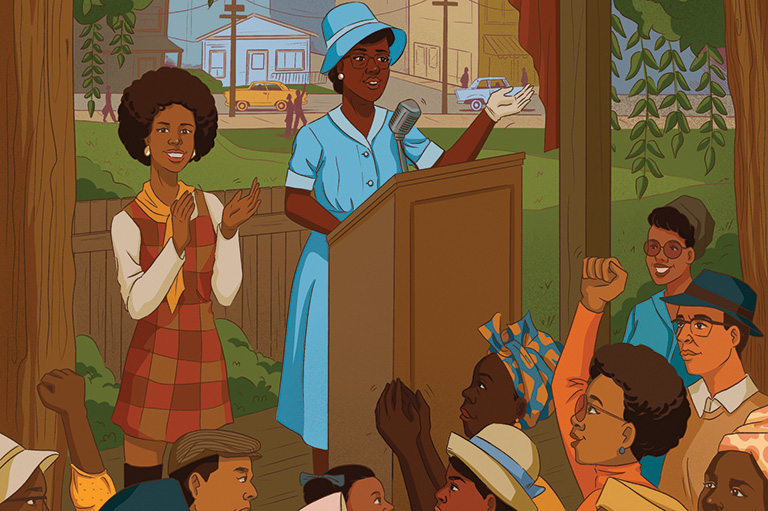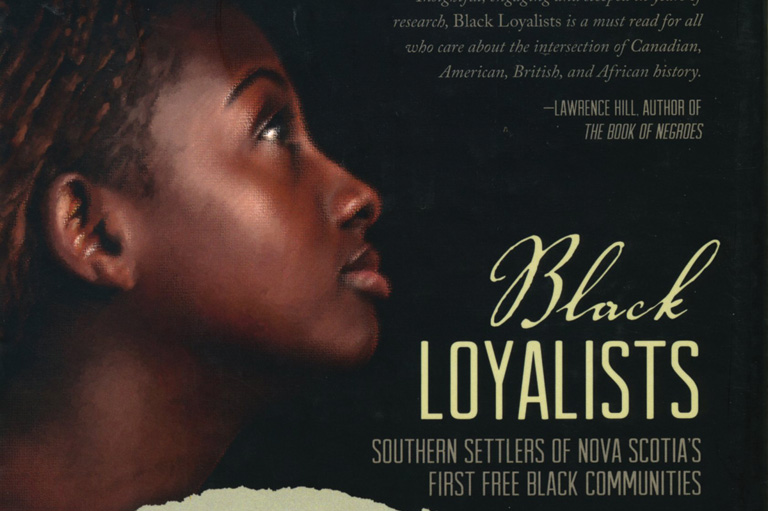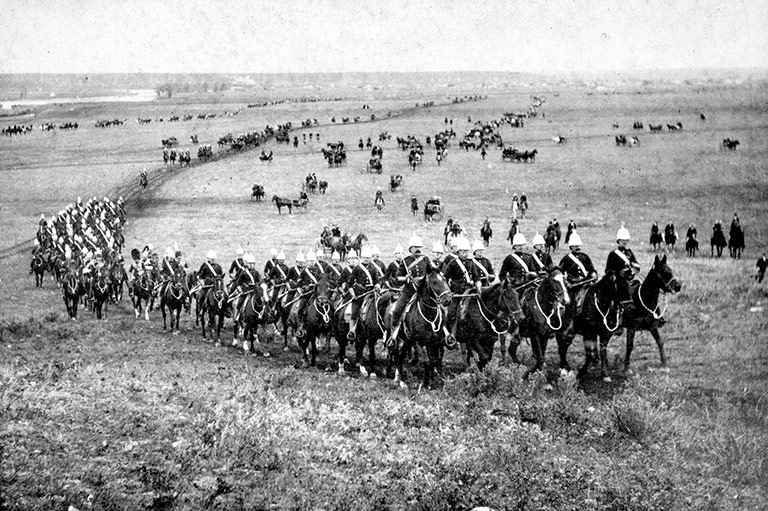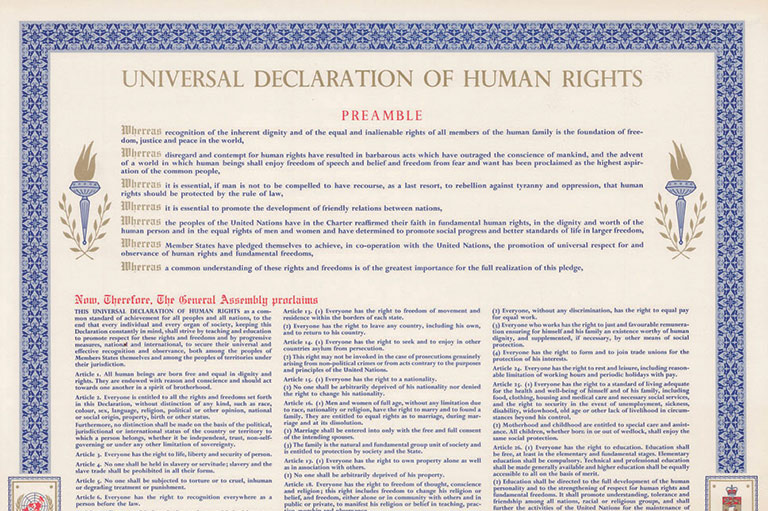History Spotlight: The Underground Railroad
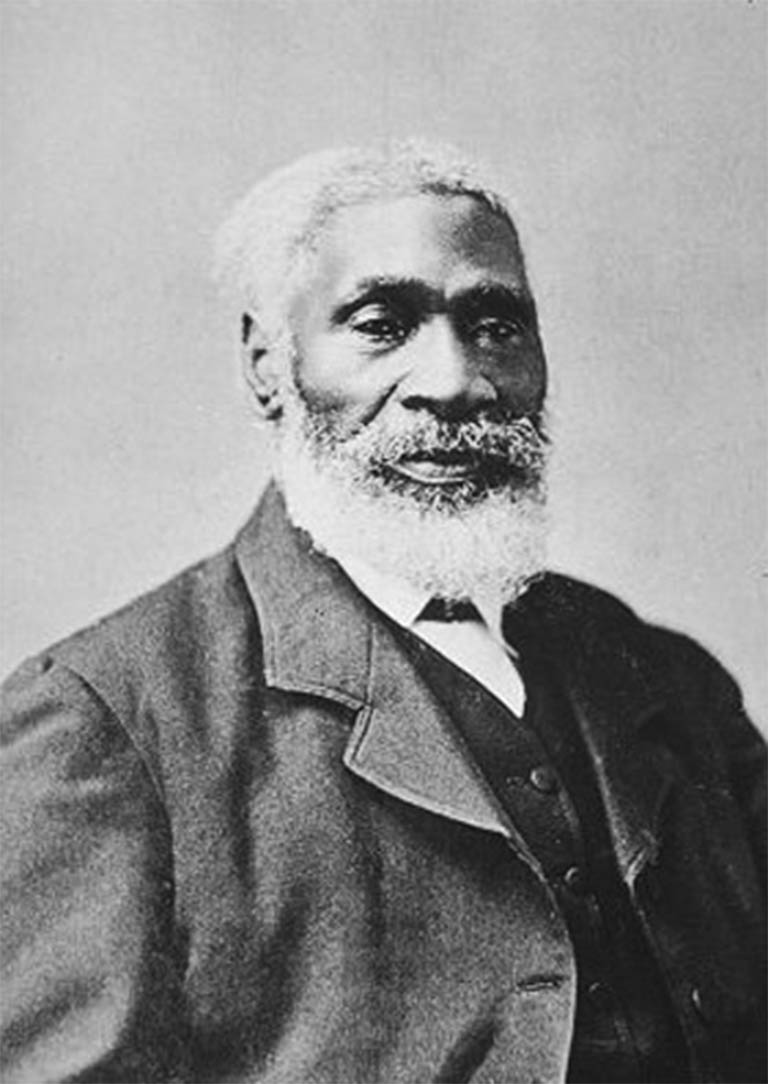
April 2011 marked the 150th anniversary of the start of the American Civil War, a conflict enmeshed with the issue of slavery. Citizens of what soon became Canada were long involved in aiding fugitive slaves escape slave-holding southern states via the Underground Railroad.
In the mid-1800s, a hidden network of men and women, white and black, worked with escaped slaves to help them to freedom in the northern U.S. and Canada. Though scholars warn that tales of the Underground Railroad have been exaggerated in popular history (between 60,000 and 75,000), an estimated 30,000 slaves made it to Canada in this way.
While Canadians often pride themselves on their historical support of the more progressive anti-slavery Union, British support for the North was never a given. And before we Canadians go overboard patting ourselves on the back for coming to the rescue of fugitive slaves, a University of Winnipeg prof reminds us slaves once escaped from British North American colonies into the United States.
“It was not at all clear at the beginning that Great Britain and other European nations would shun the Confederacy,” said U of W history professor Garin Burbank.
In the early days of the North-South conflict, both sides were vying for support from Britain and other European powers. And while abolitionists were hard at work denouncing the evils of slavery, Britain had only relinquished its ties to the practice a few decades earlier. Further, many European nations depended on the cotton produced by southern slave states. Quite the predicament.
Some English Quebecers felt they could relate to wealthy Southern planters and had Confederate sympathies, Burbank said.
With 7 uniquely curated newsletters to choose from, we have something for everyone.
“Southerners often spent their summers in Quebec, Montreal and the eastern townships in order to escape the heat in the south,” he said. “There were some English in Montreal who believed that the southern planters were sort of an American equivalent of British aristocrats, so there was at least some mild sympathy for the South in Montreal.”
But when the Emancipation Proclamation, which declared all slaves in any of the rebellious Confederate states were free, came into play, Britain had to choose sides for good.
“Once the Lincoln cabinet issued the Emancipation Proclamation, then it became virtually impossible for any European power to say they were now going to recognize a confederacy that still supported human slavery,” Burbank said.
And when it comes to taking pride in leading slaves to freedom, some scholars say Canada’s not as deserving as popular legend implies. Historians Larry Gara and Robin Winks contend the image of the underground railroad promoted by abolitionists and their descendents has been greatly overplayed. Gara says numbers of slaves helped through the railroad have been exaggerated, and a large amount of fugitives actually escaped of their own accord.
In fact, slaves once escaped south from British North American colonies into the United States, Burbank said. Loyalists from southern colonies brought slaves to New Brunswick and Nova Scotia. He said there were instances where slaves escaped south to Vermont, which had abolished slavery by the 1790s, while British colonies wouldn’t abolish the practice until the 1830s.
When it comes to taking sides, it seems Canada’s role in the American Civil War was more complicated than some would like to believe.
Thanks to Section 25 of the Canadian Charter of Rights and Freedoms, Canada became the first country in the world to recognize multiculturalism in its Constitution. With your help, we can continue to share voices from the past that were previously silenced or ignored.
We highlight our nation’s diverse past by telling stories that illuminate the people, places, and events that unite us as Canadians, and by making those stories accessible to everyone through our free online content.
Canada’s History is a registered charity that depends on contributions from readers like you to share inspiring and informative stories with students and citizens of all ages — award-winning stories written by Canada’s top historians, authors, journalists, and history enthusiasts.
Any amount helps, or better yet, start a monthly donation today. Your support makes all the difference. Thank you!
Themes associated with this article
Advertisement
You might also like...

Nominate an exceptional history project in your community for this year’s Governor General's History Award.


